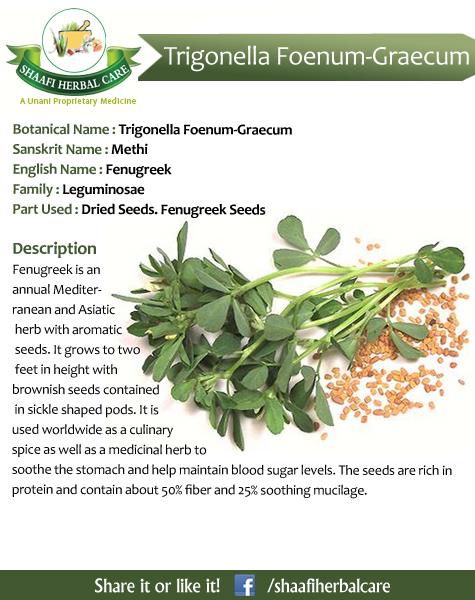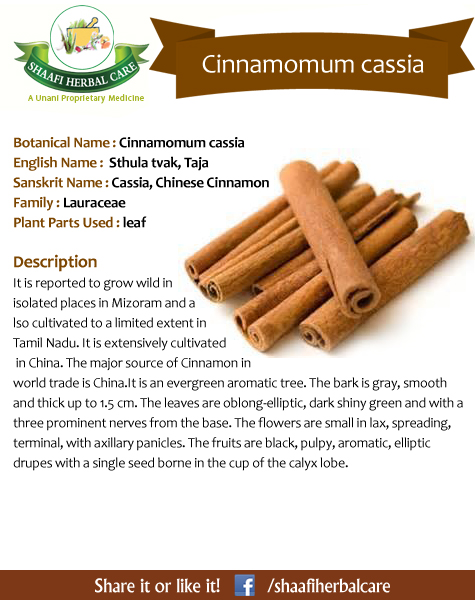
Benefits of yarrow
Yarrow fights bacteria. Yarrow has an antiseptic action. The bitter parts and fatty acids encourage bile flow out of the gallbladder, known as the cholagogue effect. The free-flowing action improves digestion and prevents and gallstones from forming. Decongestant. Yarrow contains a drying effect and seems to improve coughs and sinus infections with sputum formation. Astringent. Very helpful with allergies where nasal secretions and watery eyes are caused by molds, dust, pollen and dander. Yarrow is also known to cause sweating in cases of flu, fevers and colds, helping to cure simple infections. Infusion. Yarrow is used to aid in healing skin conditions, such as eczema. The essential oils are used and rubbed onto the affected area. Anti-inflammatory. The oil found in the yarrow has been used to treat arthritis. Expectorant. Helps to cure colds. Promotes digestion. Helps in the secretion of enzymes and digestive juice and increases appetite; both help in digestion.
Yarrow is highly known and widely used in herbal medicines and supplied either externally or internally. The entire plant is used, both dried and fresh and is best when gathered while in flower. It is recommended to use caution when this herb if used in large or frequent doses taken for a long period of time. This can possibly be harmful and may cause rashes or make the skin sensitive to sun.
The leaves of the yarrow can be used cooked or raw. They have a bitter flavor but are good in mixed salads and best used when they are young. The leaves may also be used as a preservative or flavoring for beer. The flowers and leaves can be made into an aromatic tea and the essential oils found in the flowering heads can be used as flavor for soft drinks. Its basic components are Alpha Pinene, Acetate, Borneol, Beta Pinene, Borneol, Cineole, Camphene, Camphor, Gamma Terpinene, Isoartemisia Ketone, Chamazulene, Limonene, Sabinene and Tricyclene.


